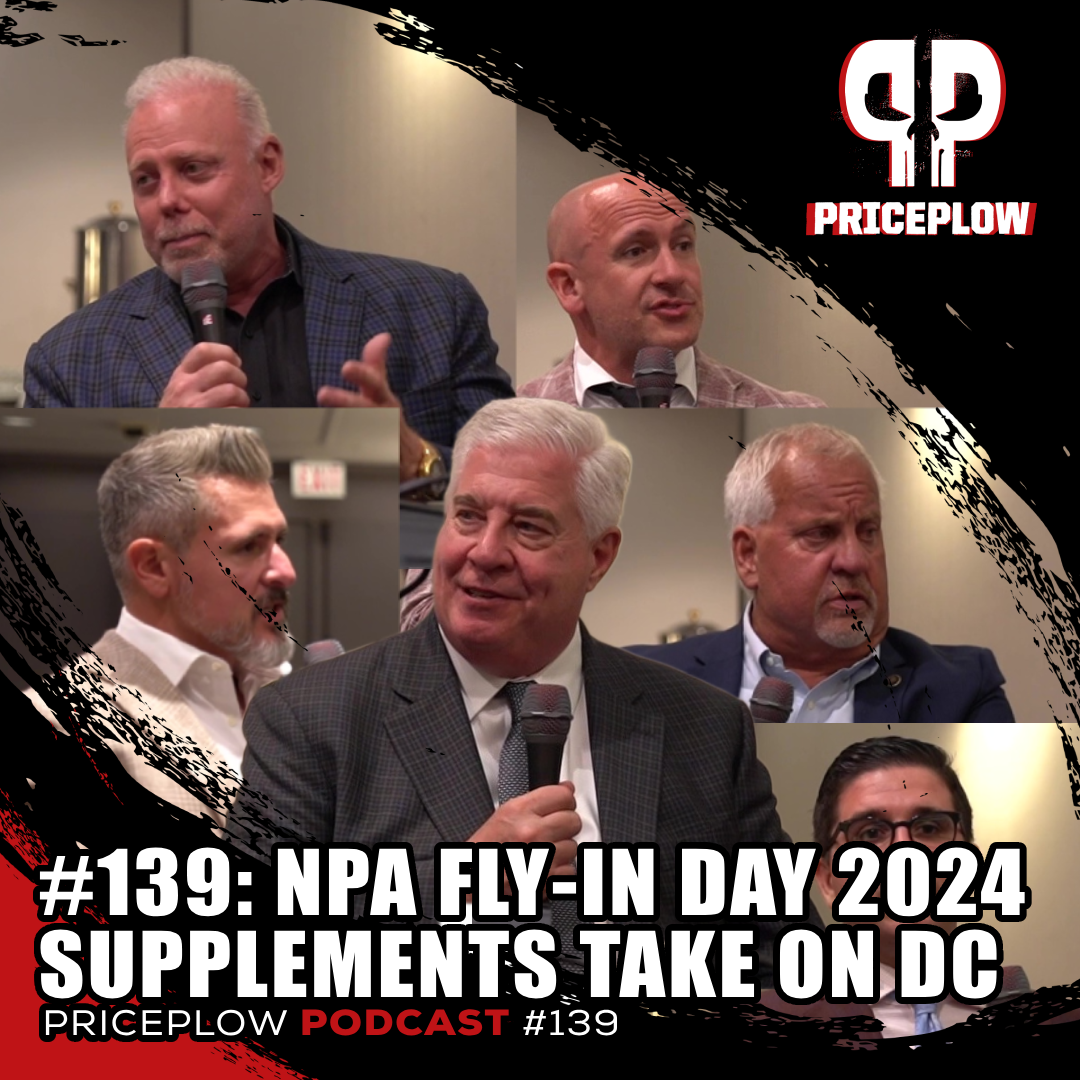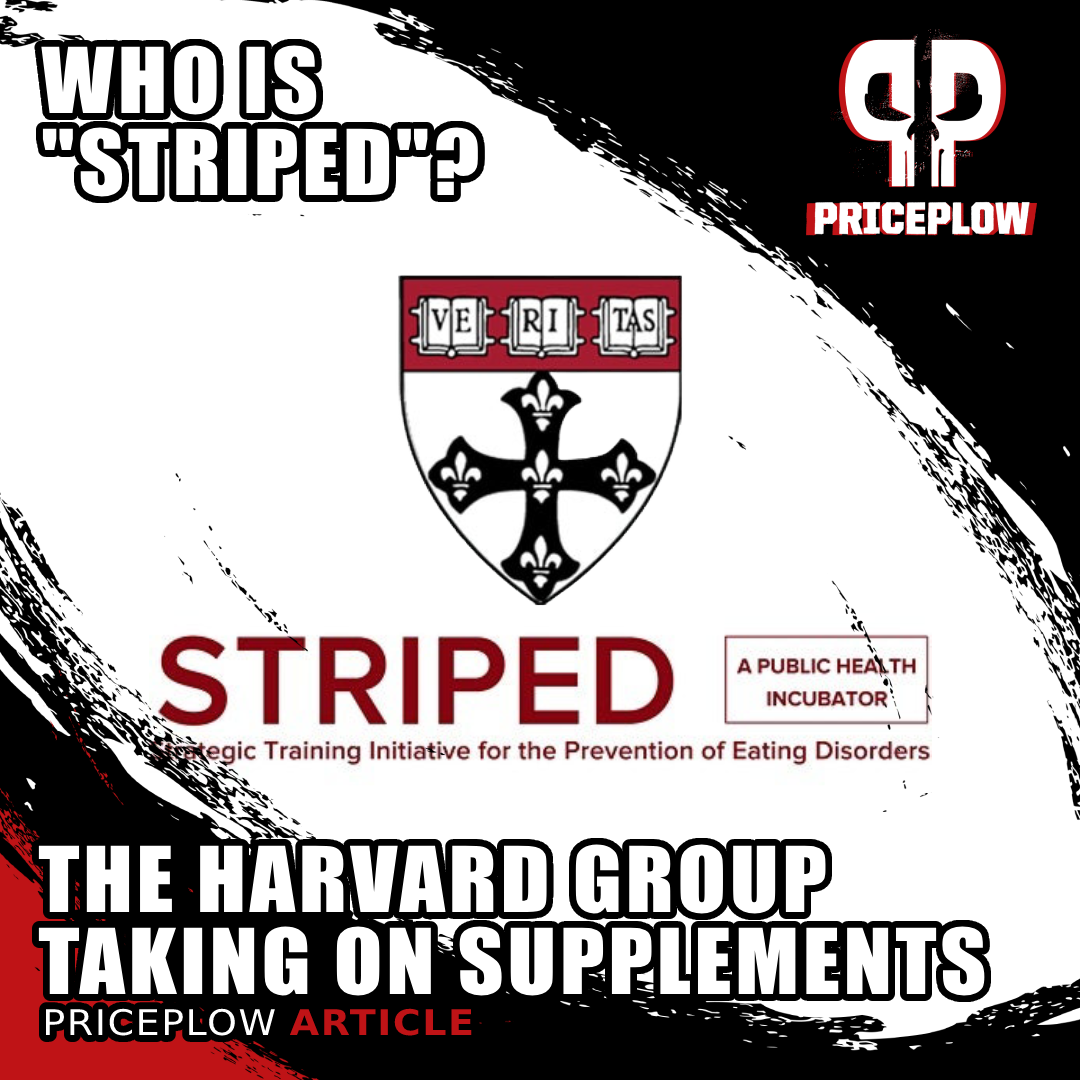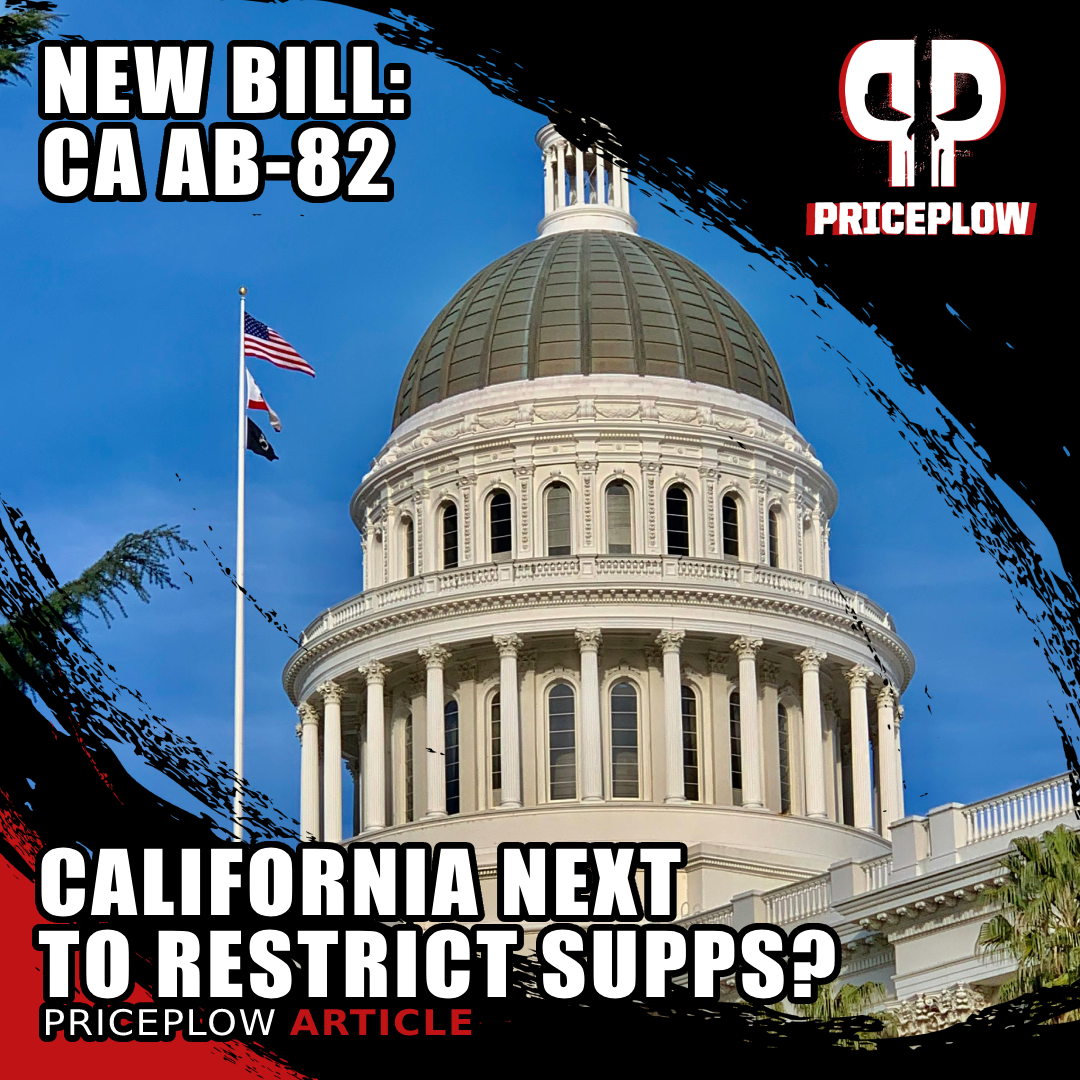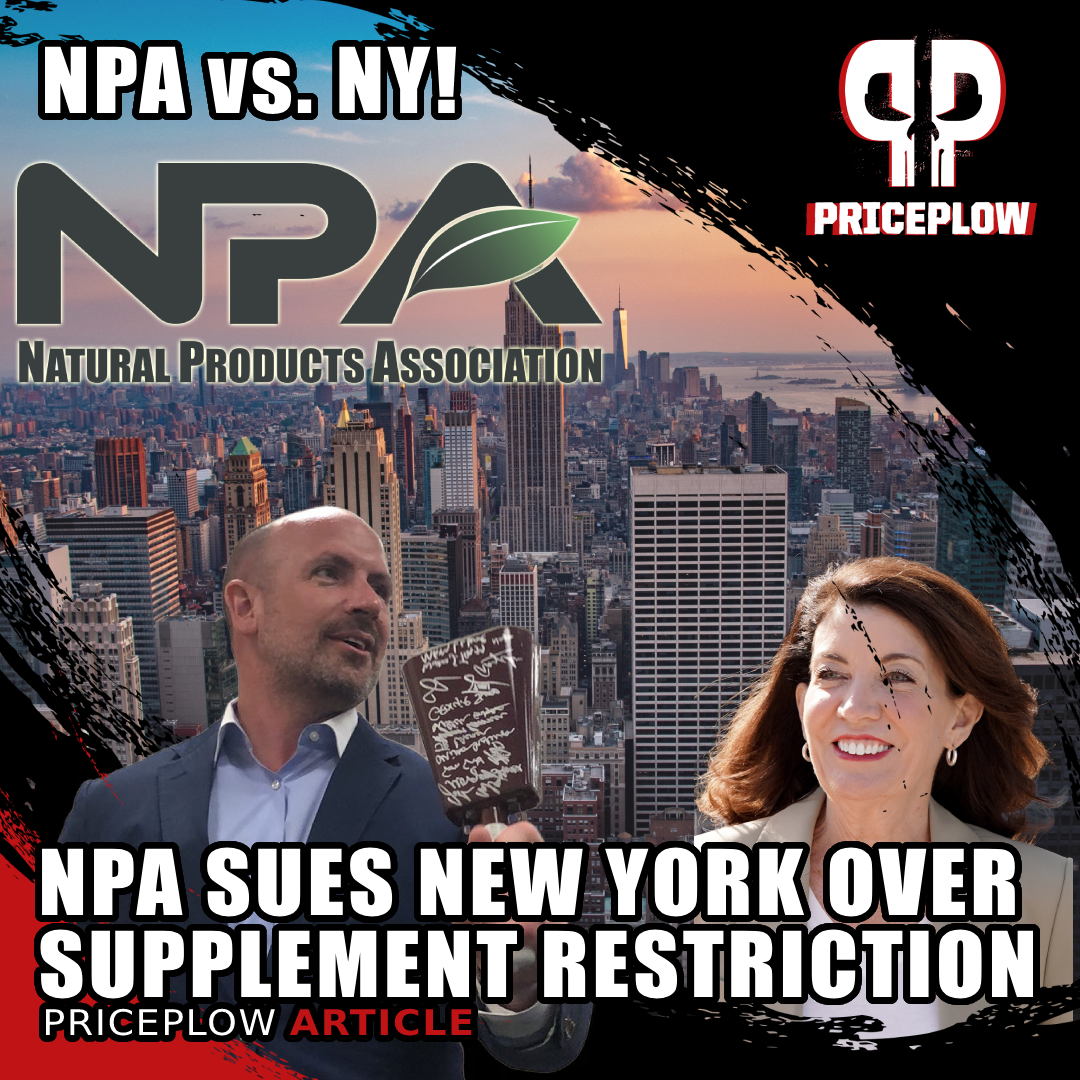On December 15, 2022, California Assembly Member Akilah Weber introduced CA Assembly Bill 82,[1,2] aiming to implement stringent regulations on the sale of dietary supplements for weight loss and over-the-counter (OTC) diet pills. The bill seeks to restrict access to these products for minors under 18 without a prescription, citing health concerns and the need to protect young consumers.
This bill is similar to AB 1341 from 2022, which was vetoed by Governor Gavin Newsom.[3] This new bill has a few amendments attempting to address some of Newsom's concerns,[4] giving it a better chance of passing.
CA AB 82 Key Provisions
-
Sales Restrictions
Retail establishments, including online platforms like Amazon, are prohibited from selling, transferring, or furnishing dietary supplements for weight loss or OTC diet pills to individuals under 18 without a prescription. This includes enforcing an identification check for buyers who appear to be underage.
-
Determination of Regulated Products
The Department of Public Health, in consultation with the FDA and other stakeholders, will determine which specific products are subject to these regulations. In defining the stakeholders, this area of the bill includes "representatives from the eating disorders community",[1,2] alluding to Harvard's STRIPED organization.
-
Penalties and Clerk Exemptions
Retail establishments violating these provisions can face civil penalties up to $250 per violation.
Retail clerks are generally exempt from these penalties unless they are willful participants in an ongoing conspiracy to violate the law.
-
Effective Date and Severability
The law will become operative on January 1, 2026, and includes a severability clause ensuring that if any part of the law is invalidated, the remaining provisions will still be enforceable.
Legislative Process
- Introduction and Referral: The bill was introduced on December 15, 2022, and referred to the California Senate Health Committee.
- Committee Review: The Health Committee reviewed and amended the bill, as seen from the amendments on May 28, 2024, and June 17, 2024.[4]
- Votes and Approval: The bill passed through various votes in the Assembly and Senate.[5]
- Governor's Signature: If passed by both legislative chambers, the bill will be sent to the Governor for signature to become law.

If you're in the dietary supplement industry, and you haven't heard of STRIPED (Strategic Training Initiative for the Prevention of Eating Disorders), then you better catch up and take note. This is the well-funded Harvard group that is coming after dietary supplement sales to minors -- and they recently won big in New York.
Sponsored by Harvard STRIPED
Two of the state's analyses on the bill[6,7] mention that it's sponsored by STRIPED (the Strategic Training Initiative for the Prevention of Eating Disorders), an organization run from Harvard whose mission is to mission is to "strive to create a society where girls, boys, and people of all genders can grow up at home in their own bodies".
While the STRIPED cause may seem noble at first glance, we have demonstrated this organization's use of:
- Methodologically flawed data - They repeatedly combine harmful drugs with dietary supplements in an effort to tarnish supplements.
- Unfounded arguments - STRIPED has repeatedly implied a connection between diet pill use and eating disorders. However, diet pill use is at an all-time low,[8,9] while eating disorders are at an all-time high.[10]
- Dubious regulatory assertions - It is repeatedly claimed that the FDA has not taken action on harmful diet pills, when that's actually been one of the few things the Agency has done over the years.
These arguments are laid out in our article titled "Who is STRIPED? Meet The Harvard Organization Taking On Supplements".
However, the fact remains that STRIPED is well-funded (by factions of the federal government itself, nonetheless), well-organized, and they had a major win in New York. It only makes sense that other allied coastal states will be joining.
However, there are some differences between this law and the New York Law:
Comparisons to New York General Business Law § 391-oo
On April 22, 2024, the New York Law 391-oo[11] took effect after NY Assembly Bill A5610D[12] was signed into law on October 25, 2023 by Governor Kathy Hochul.[13] There are a few differences here:
Product Scope: Creatine Stays Legal in California
- CA AB 82 is limited to weight loss supplements and OTC diet pills, whereas New York's law also includes muscle building supplements.
- New York law provides specific exclusions for protein products (unless they contain additional ingredients for weight loss or muscle building).

Team PricePlow's Back in Washington DC for the 2024 NPA Fly-In Day, and this podcast has an epic cast: Jim Emme, Rick Collins, Mark Ledoux, Mike DiMaggio, and more! Listen to it in Episode #139 of the PricePlow Podcast!
Age Verification and Penalties
- Both laws require age verification, but New York specifies the types of acceptable ID and includes detailed transaction scan provisions.
- Penalties differ, with California imposing up to $250 per violation and New York up to $1,000.
Online Sales
- New York law has explicit requirements for online sales, including adult signature upon delivery and proof of age, which are not specified in AB 82.
Going after weight loss pills but not muscle-builders (like creatine) addresses some of the concerns laid out in our Harvard STRIPED article.
Addressing Governor Newsom’s Previous Veto
AB 82 is very similar to AB 1341 (Cristina Garcia, 2022), which was ultimately vetoed by Governor Newsom.[3] The main differences made in addressing his concerns are:
- The penalty was lowered to $250 for each violation
- Removes the requirement that California Department of Public Health (CDPH) create a specified notice regarding the dangers of dietary supplements and that all retail establishments would post said notice
- Removes limitation that a retail clerk is not subject to discipline by the retail establishment for violating the bill's provisions. In AB 82, clerks will generally not be fined unless they're involved in conspiracy to break the law.
In the Governor's veto message of AB 1341, he wrote:[6]
...dietary supplements for weight loss are not considered drugs and, therefore, this measure would require CDPH to evaluate every individual weight loss and dietary supplement product for safety, which is beyond the scope of the department's capabilities.
...CDPH is prepared to work with the legislature next session to address sales age limits and other potential legislative actions to address the responsible sale of dietary supplements for weight loss and over-the-counter diet pills that do not require the state to undertake lengthy and costly pharmacological studies on the many supplements on the market today.[6]
-- California Governor Gavin Newsom
Industry Opposition
All six of the Senate's Committee analyses note the major groups opposing the bill.[6,7,14-17] All combined, they are:
- Natural Products Association (NPA)
- American Herbal Products Association (AHPA)
- Unilever
- Vytalogy Wellness
Unilever owns several dietary supplement brands, including Onnit, OLLY, SmartyPants Vitamins, Liquid I.V., and Nutrafol. Vytalogy Wellness owns Jarrow Formulas and Natrol.
Here are the overall reasons for opposition:
-
Regulatory Overreach
-
Federal vs. State Regulation
The NPA believes that regulating dietary supplements is primarily the purview of the FDA. They argue that state-level regulations like AB 82 would create a patchwork of laws that complicate compliance for national retailers and manufacturers.
-
Preemption Doctrine
The NPA suggests that AB 82 is in conflict with federal regulations, leading to potential legal battles over the preemption doctrine, where federal law supersedes state law in regulatory matters.
-
-
Impact on Sales and Operations
-
Online Sales Verification Challenges
The requirement for age verification for online sales could significantly impact how these products are marketed and sold on platforms like Amazon. Implementing these measures can be costly and complex, affecting sales and operational efficiency. This is especially concerning for smaller online retailers with less technological capability.
-
Jurisdictional Reach
Join us, read our 'Lobby Day Training' article, and come ready for your next Fly-In Day. Pictured: Mike with Senator Markwayne Mullin of Oklahoma from 2023's Fly-In Day
There are concerns about California's ability to enforce these regulations on out-of-state companies, which could lead to legal challenges based on interstate commerce and federal preemption doctrines. This could complicate compliance for national and international companies like Unilever.
-
-
Product Scope and Ambiguity
-
Broad and Ambiguous Definitions
The bill's broad definitions of weight loss supplements could include products not primarily marketed for weight loss but used for general health, such as green tea catechins or fiber supplements. This ambiguity could lead to regulatory challenges and affect a wide range of products beyond the intended scope of the legislation.
-
Slippery Slope
There is a concern that this regulation could set a precedent for further restrictions on other types of dietary supplements, leading to increased regulatory burdens and limiting market innovation.
-
-
Consumer Access and Safety
-
Consumer Access
The NPA contends that restricting access to dietary supplements for weight loss could lead consumers to seek these products through unregulated or illegal channels, potentially increasing the risk of harm.
-
Safety Concerns
By pushing the sale of these supplements underground, the NPA argues that it could undermine consumer safety. Unregulated products may not meet the same safety standards, leading to increased health risks.
-
These types of laws were a big topic of discussion at NPA's 2024 Fly-In Day -- you can listen to Episode #139 of the PricePlow Podcast: Supplements Take on DC: Natural Products Association Fly-In Day 2024.
Conclusion: The Supplement Industry Needs to Find its Red Line

If you're in the dietary supplement industry, and you haven't heard of STRIPED, then you better catch up and take note. This is the well-funded Harvard group that's coming after dietary supplement sales to minors -- and they recently won big in New York.
All told, given the data showing that diet pill use is at an all time low,[8,9] while eating disorders are at an all time high,[10] these laws don't seem to solve any actual problems for our youth.
With that said, as opined in our article on Harvard STRIPED, it's unlikely that anybody is going to die on the "weight loss pills for teenagers" hill, making it an easy target for anti-supplement industry groups. The supplement industry will need to decide where its red line stands and prepare for what's to come after these laws are implemented, as the slope has now been oiled up.
You can sign up for our Natural Products Association News below to get updated over time:





Comments and Discussion (Powered by the PricePlow Forum)